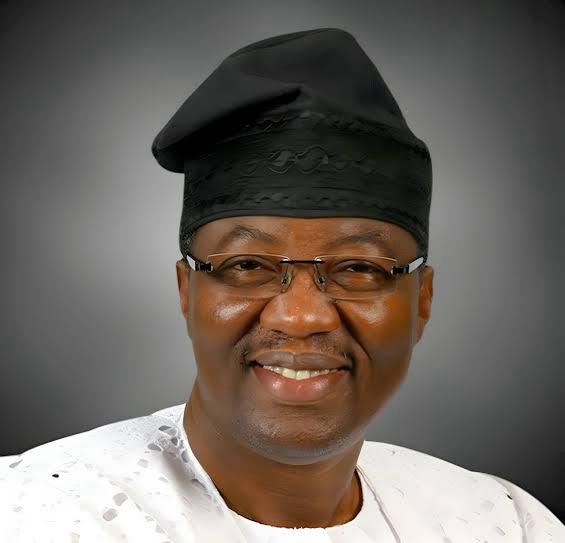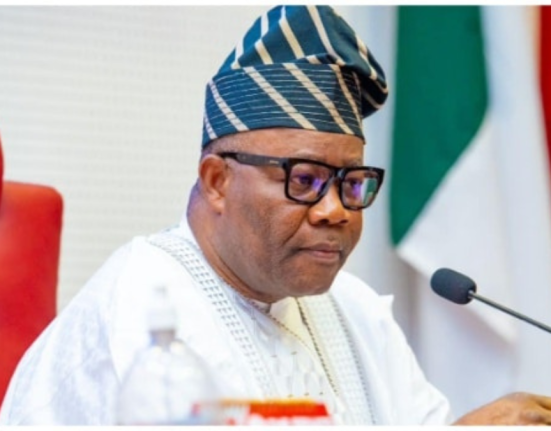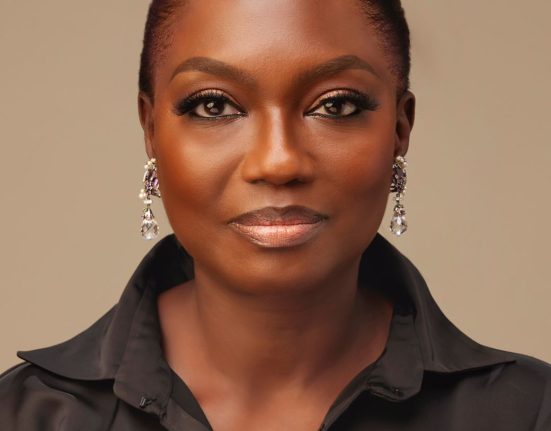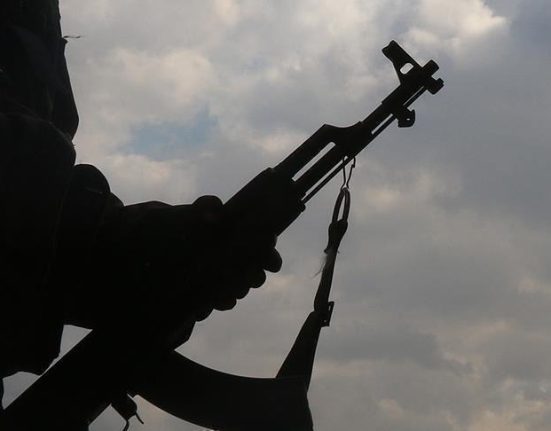Senator Gbenga Daniel, former governor of Ogun State and current lawmaker representing Ogun East, has called for a constitutional amendment to limit the immunity clause in Nigeria’s 1999 Constitution to only the President and Vice President. He made his remarks during an interview on Channels Television’s Political Paradigm on Tuesday, during which he expressed concern about the abuse of executive privilege, particularly at the state level.
Currently, Section 308 of the Nigerian Constitution provides immunity from civil and criminal prosecution for the President, Vice-President, Governors, and Deputy Governors while in office. However, Daniel argued that this provision has been widely misused by some governors who, according to him, “run the state as if it is their estate.” He accused certain state executives of bypassing legislative scrutiny and mismanaging public resources under the cover of constitutional protection.
“Immunity has its good sides,” he noted, “but to a large extent, some elected governors have abused it. They do things without recourse to the House of Assembly and behave as if the property of the state belongs to them.”
Daniel stated that full immunity should be reserved exclusively for the President and Vice-President to maintain the dignity of the country’s top leadership and avoid unnecessary distractions. “Only the president and the vice-president should have absolute immunity so that they can concentrate, and no one will be embarrassing the symbol of the country,” he said.
While not advocating for a complete removal of protections for governors and their deputies, Daniel emphasized the need for a more nuanced approach. He suggested that while they may retain protection from criminal prosecution during their time in office, other forms of accountability, such as civil proceedings or legislative oversight, should be allowed.
His comments come amid ongoing national debates around governance reforms and transparency. Just recently, the House of Representatives reversed a bill aimed at withdrawing immunity from vice presidents, governors, and their deputies, a move that reignited discussions about the need to review the scope of constitutional immunity.
Daniel’s call reflects growing public demand for stronger institutional checks and a shift towards greater accountability in Nigeria’s political leadership at all levels.








